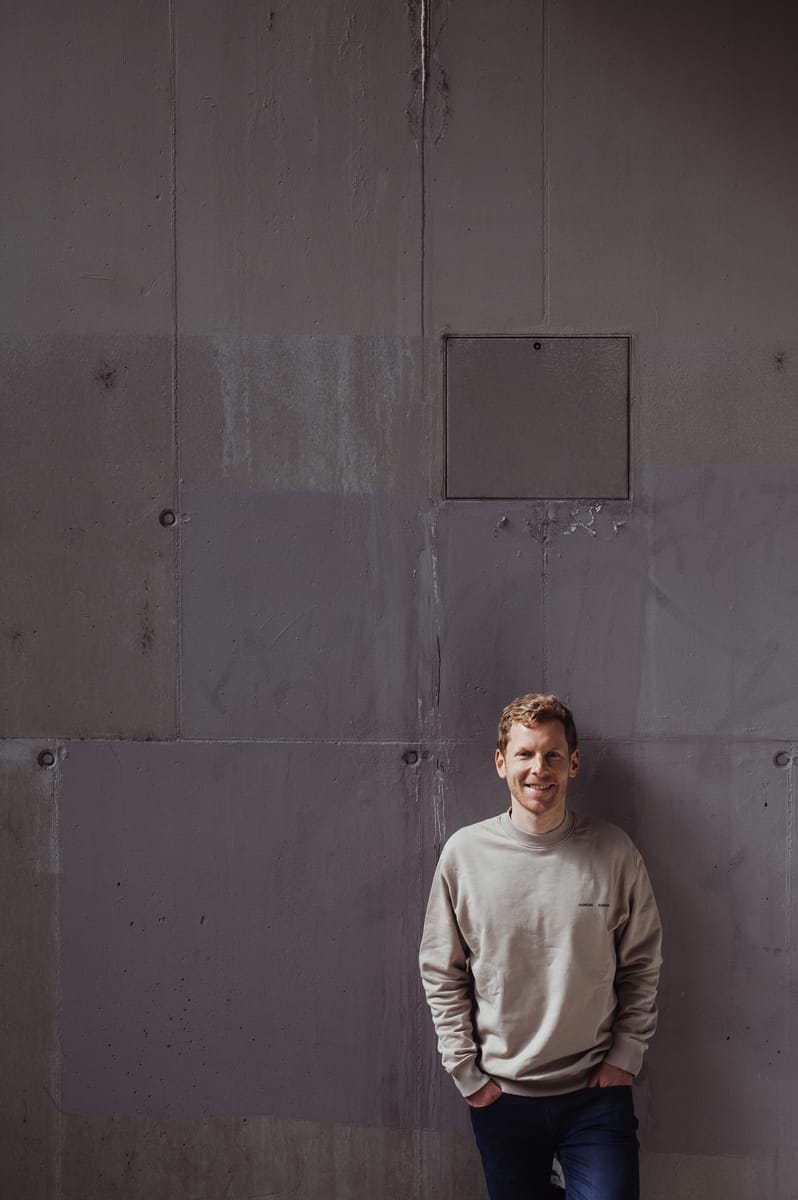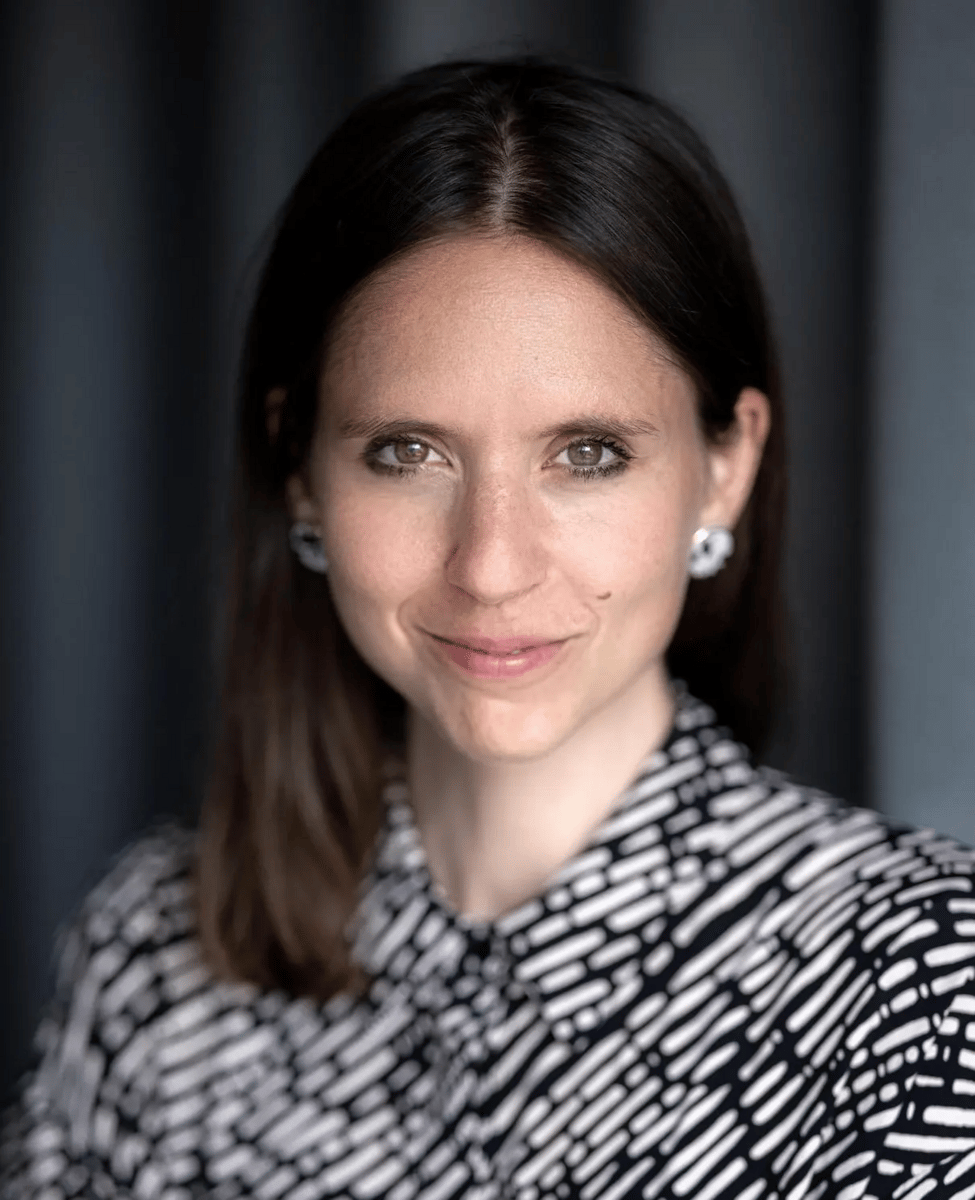Dear hustlers, founders, operators and visionaries,
You can push your boundaries and go above and beyond - yet one thing is clear: you cannot build a company alone. You need help from exceptional and highly motivated people. But finding, growing, and keeping top talent? That’s a never-ending challenge.
This week, we sat down with Paddy Lambros, Talent Director at VC firm Atomico, to unpack what it really takes to build a dream team. From sourcing your first hires to scaling fast under pressure, Paddy shares real, actionable insights founders and startup operators can’t afford to miss. Plus, he’s shared exclusive tips just for you - our subscribers - below.
🎧 Tune in now on Spotify, Apple, YouTube and let us know what questions we should tackle next. In the meantime: Follow the Gradient and stay tuned!
PS: Has this e-mail been forwarded to you? Sign up here.
How to hire the best talent
What you will get out of this episode
In our conversation, Paddy shares:
How to attract the best talent for your venture (especially when you’re still a no-name startup)
How to identify the right candidates during the recruiting process
How to best position case studies during candidate selection
Why time-to-first-value is key during the onboarding phase of new joiners
And much more!
Our main take away’s
Attracting talent is about sharing your mission: You won’t be able to rely on a pull factor of your employer brand, especially in the early days. You have to convince people of your mission and let the world know about it. Embrace your adventure, post about it, write about your mission in blogs or wherever potential candidates spend time - expensive job ad campaigns won’t get you far.
Work backwards from the characteristics your company needs, rather than from hires: Instead of thinking about a role or terminology for a position, think about what you intend to build and the challenge you are going up against and work backwards from which characters and skills you require to succeed on this journey. This will give you an idea on who you are looking for in your team.
Be sure your recruiting process tests the things you actually want to test: It is easy to design a recruiting process which is demanding for a candidate, yet it is hard to design a process which tests exactly the things you are looking for. Design interviews and case studies with the goal in mind to mimic the challenges of your daily job as closely as possible. Plus: whatever you do - be quick. A good recruiting process is completed within two weeks.
Focus on a new joiner’s time-to-first-value during onboarding: Make sure your new joiners are able (and are required) to provide the value you are looking for directly in their first week. Bring a sales person into a demo on their first day, make an engineer commit code directly in the beginning. Structure your onboarding process around the value someone is supposed to provide.
Additional material on the topic
How to reach out to Paddy
Exclusive from Paddy
What is one thing that everyone knows about startups, but nobody is talking about?
Startups aren't for everybody. They should be for anyone, but they're not for everybody. And when you build an organization, when you build a startup, you're looking for those crazy pirates, those people that are going to come and join you and they're gonna work super hard and they're gonna do things that just a regular employee wouldn't do.
How do you balance hiring for skill versus culture fit? So are there times when one should take precedence over the other?
Think of skill as minimum viable. Everyone can learn skills. That's why they're called skills, but you can't check and you cannot change the fundamental character of a human being by the time they get to you. You can teach them skills, so if you hire someone who's got great skills but they're a terrible fit, I promise you it won't work out.
But I have seen many times people that have a great fit for the team, a great appetite to learn, a great desire to learn new skills. The more senior you go in an organization, the more skills do become important when you're hiring.
But I think that if I had to pick, I would take attitude and I would take principles over everything else.
What's the one key metric to measure health in your talent strategy?
I would want to have a conversation after a year of someone being with us. This is not a metric that exists, but this is just how I think about it. If you were given the choice to rehire this person or to go out and find someone, what would you do? Would you stick or twist? And I think if people are like “Yeah, they're OK” in that situation, I think that's a problem. And I don't know how you phrase that: What proportion of your team do you think is absolutely flying?
There's a thing called Spencer's law: The value created by a team is driven by the square root of the size of the team. So at any point, there is a fraction of your team that is delivering the vast majority of the value. Your job as a founder is to identify that group of people, to understand what makes them that group of people, and to hire as many people of that type, of that character, of that ability, whatever it may be that makes them amazing, as many of those people as humanly possible, and to minimize the number of people that aren't that.
Talk to you next week! Until then, let’s continue the conversation on LinkedIn, X, Instagram and YouTube!
🫶🏼 Melanie & Christian
Each week, a lot of work goes into the Follow the Gradient project to help you navigate this crazy jungle called entrepreneurship. Help us grow this community and we’ll make sure that you or your project gets a shoutout in the weekly newsletter!

The Gradient in maths is the direction with the most potential to improve. With Follow the Gradient, we aim to equip you with hands-on insights and real-life learnings to drive your biggest improvements, no matter where you start from: as a first-time founder, operator, solopreneur, aspiring student, or simply a curious mind.
Follow the Gradient and transform your trajectory.










